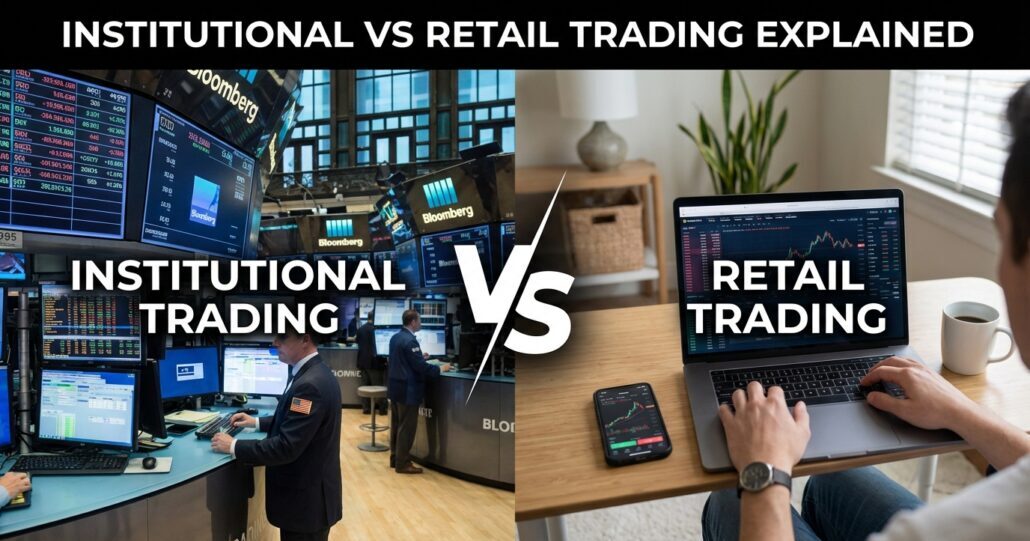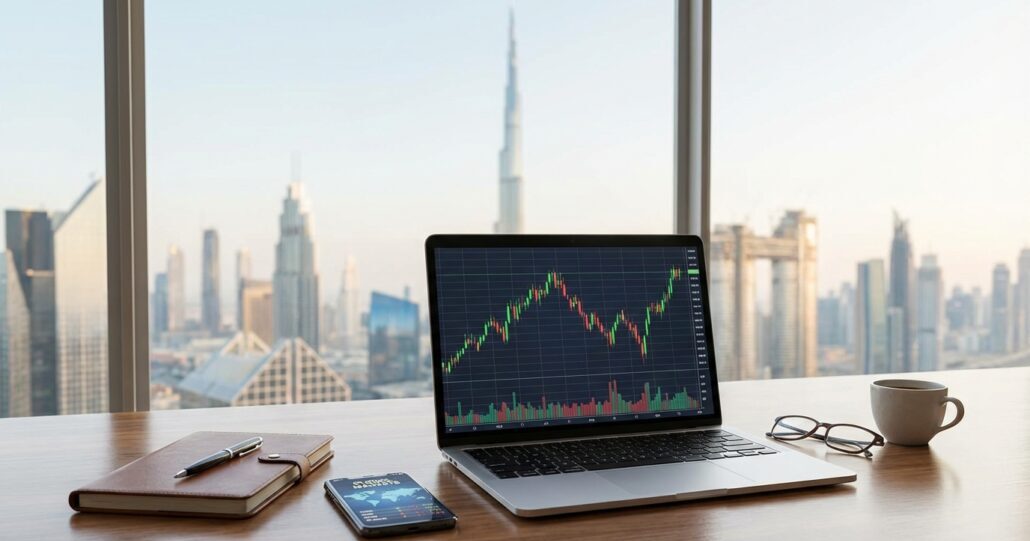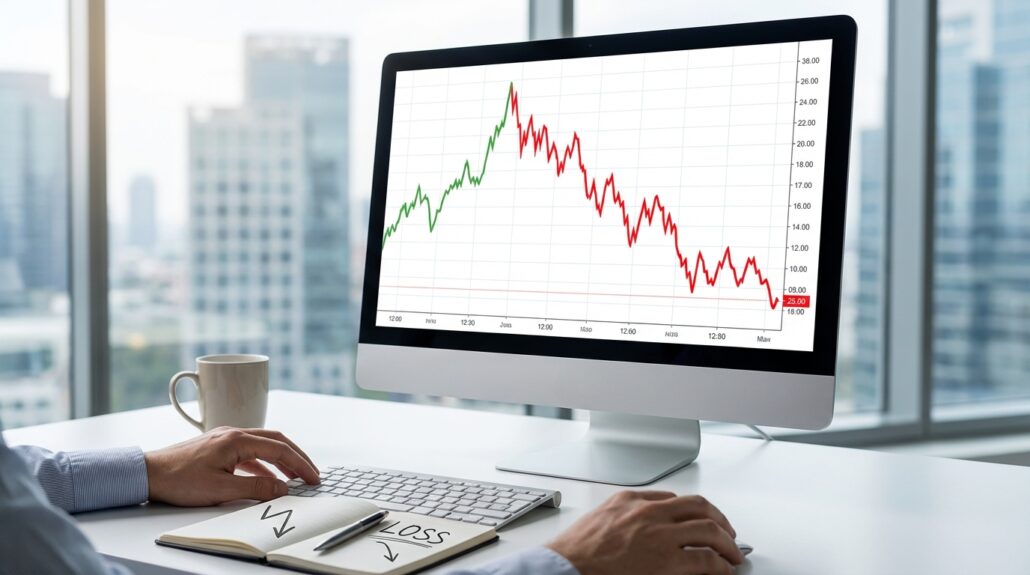Best Crypto Exchange in UAE: 10 Safest Platforms 2025
 Sam Reid
Staff Writer
Sam Reid
Staff Writer 
The global cryptocurrency market is vast; by late July 2025 the total market cap stood around $3.93 trillion. That fact alone shows that digital assets are no longer fringe instruments – they’re part of mainstream finance. Here in the United Arab Emirates we have watched the scene mature quickly. The UAE government encourages innovation while laying down clear rules for exchanges. As a result, our country has become a hub where residents and expats can trade Bitcoin, Ethereum or even lesser‑known tokens with confidence.
Finding the Best Crypto Exchange in UAE isn’t easy. Over the last year we have tested more than a dozen platforms ourselves. In this guide we’ll share the ones that impressed us. We’ll walk through ten exchanges that meet our standards for security, regulatory compliance and usability. For every platform we summarise its fees, asset selection and unique features. We’ll also offer tips on choosing the right exchange and a step‑by‑step roadmap for getting started. Our goal is to empower both seasoned investors or a newcomer.
Understanding Crypto Exchanges and Regulation in the UAE
Before diving into specific platforms it helps to understand what a crypto exchange does. Exchanges act as intermediaries between buyers and sellers. They facilitate trading pairs (for example BTC/AED) and safeguard user funds, usually via cold‑storage wallets and two‑factor authentication. When you place an order the exchange matches you with another trader or fills the order from its own order book.
Regulation is critical. The Securities and Commodities Authority (SCA) and the Dubai Financial Services Authority (DFSA) supervise crypto exchanges in the UAE. These agencies require platforms to obtain licences and adhere to anti‑money‑laundering (AML) and counter‑terrorism financing (CTF) rules. Within the Dubai International Financial Centre the DFSA’s digital securities framework emphasises investor protection. Abu Dhabi’s FSRA also licences certain exchanges. When evaluating a Crypto Exchange in UAE you should verify whether it holds a VARA (Dubai Virtual Assets Regulatory Authority) licence or another recognised permit. Licensed platforms must maintain capital reserves, implement strict KYC procedures and report suspicious transactions.
Top 10 Safest Crypto Exchanges in UAE for 2025
Below we rank the ten safest and most reliable platforms available to UAE residents. Our list draws from our hands‑on experience combined with publicly available data. We highlight the strengths and weaknesses of each exchange to help you decide which suits your trading style.
OKX – A Versatile Platform for All Levels
OKX impressed us because it blends a broad asset menu with powerful trading tools. The exchange lists more than 300 cryptocurrencies and supports spot trades, futures, options and DeFi services. It processes billions in daily trading volume, which translates into deep liquidity. OKX holds a regulatory licence in Dubai, so UAE residents can sign up legally after providing a passport or driver’s licence.
Why we like it
-
User‑friendly interface: We found the mobile app and desktop platform easy to navigate. Beginners can place simple buy or sell orders, while experienced traders can access futures with up to 100× leverage.
-
Passive income tools: Staking and mining options let you earn yield on idle coins.
-
Robust security: The company implements strong security protocols and regularly publishes proof‑of‑reserves.
Potential downsides
-
Fee schedules are complex and might overwhelm newcomers. We recommend reviewing them closely before placing large trades.
-
High‑leverage products carry more risk; start small if you’re experimenting.
Binance – Giant of the Crypto World
Binance is arguably the most recognisable Crypto Exchange in UAE and globally. It’s licensed by VARA and lists more than 300 cryptocurrencies. Daily trading volume tops $76 billion, making it the most liquid platform on our list.
Why we like it
-
Liquidity and pricing: Huge volume means you can execute large orders without moving the price too much.
-
Advanced products: Beyond spot trading you get staking, savings accounts and liquidity farming. It’s suitable for both retail users and professional investors.
-
Strong regulatory position: Multiple licences, including from VARA and other jurisdictions, boost trust.
Potential downsides
-
Binance doesn’t provide a built‑in wallet for each user. We prefer to move long‑term holdings to a hardware wallet.
-
The sheer number of products can overwhelm first‑timers, so take time to learn the interface.
Bybit – Derivatives Specialist with Lightning Speed
Bybit stands out for its futures and perpetual contracts. Founded in 2018, it has millions of users and daily volumes around $6 billion. The platform offers up to 100× leverage and lists over 400 cryptocurrencies. Bybit secured an MVP licence from Dubai’s VARA.
Why we like it
-
Fast execution: Orders are filled quickly thanks to a high‑performance trading engine.
-
Security features: Most funds are kept in cold storage with two‑factor authentication.
-
Educational resources: We appreciated the tutorials and market insights available to users.
Potential downsides
-
High leverage magnifies both gains and losses. Only experienced traders should use it.
-
The internal wallet structure can be confusing.
eToro – Social Trading Meets Crypto
Although known as an online trading broker for stocks, eToro also supports more than 70 cryptocurrencies. Its signature CopyTrader feature lets beginners mirror the trades of successful investors. eToro is licensed and registered by Abu Dhabi’s FSRA.
Why we like it
-
Community‑driven: The social trading function helps newcomers learn by following seasoned traders.
-
Multi‑asset access: Aside from crypto you can buy stocks, ETFs and commodities. In our view this versatility makes eToro a convenient online trading broker for investors who want everything under one roof.
-
Educational content: The platform offers clear tutorials and analysis tools.
Potential downsides
-
Trading fees are higher than those of most competitors at roughly 1 % per transaction.
-
Response times from customer support can be slow.
Kraken – Security First and 24/7 Assistance
Kraken is one of the oldest exchanges and is revered for its security. It lists over 230 cryptocurrencies and supports staking, futures and margin trading. Millions of users trade on Kraken, and the platform holds a full licence from Abu Dhabi’s FSRA.
Why we like it
-
Staking options: Users can earn yield on BTC, USD, EUR and other assets.
-
Full‑featured mobile apps: We used both iOS and Android versions and found them comparable to the desktop.
-
Round‑the‑clock support: Live chat and phone assistance are available 24/7.
Potential downsides
-
Availability is restricted in some countries due to regulatory costs.
-
Maker and taker fees vary; heavy traders should review them.
CoinMena – Personalised Service in the Gulf
CoinMena caters primarily to the Middle East. Licensed by VARA and the Central Bank of Bahrain, it has over a million users. The exchange lists roughly 50 cryptocurrencies and charges 0.75 % trading fees.
Why we like it
-
Strong compliance: Dual licensing ensures adherence to regional regulations.
-
Dedicated support: We were impressed by the ability to speak with a human account manager and get WhatsApp support. That kind of service is rare in the crypto world.
-
Liquidity: A deep liquidity pool allows for large trades without much slippage.
Potential downsides
-
A limited range of coins may not satisfy altcoin enthusiasts.
-
The exchange is not available in every Middle Eastern country.
HTX (Huobi) – Altcoin Heaven
HTX, formerly Huobi, offers an enormous selection of tokens – more than 650 cryptocurrencies. It has a global user base exceeding 15 million and provides spot, futures and margin trading with up to 20× leverage. The platform holds a Dubai International Financial Centre innovation licence and charges low maker and taker fees.
Why we like it
-
Huge altcoin library: Traders seeking niche tokens will appreciate the selection.
-
Yield opportunities: Staking services offer competitive APYs.
-
Security: Two‑factor authentication and SSL encryption help protect accounts.
Potential downsides
-
A minimum investment of about $100 may deter smaller traders.
-
Higher withdrawal thresholds could be inconvenient.
MEXC – Low‑Cost Trading and Massive Coin List
MEXC has rocketed in popularity because it lists around 1 700 cryptocurrencies and charges zero maker and taker fees on spot trades. Daily trading volumes exceed $1.5 billion. The exchange supports futures, leveraged ETFs and margin trading.
Why we like it
-
Endless coin choice: You’ll find virtually every project you can think of.
-
Fee‑free spot trading: Zero maker and taker fees are hard to beat.
-
Liquidity: High volumes ensure quick execution.
Potential downsides
-
MEXC does not support fiat deposits or withdrawals, so you need crypto to get started.
-
The platform lacks a UAE licence.
Bitget – High Leverage and Copy‑Trading Tools
Bitget appeals to traders who enjoy leverage. It lists over 500 cryptocurrencies and allows up to 125× leverage on certain contracts. It also offers copy trading features that let you mirror experienced traders. The exchange isn’t licensed locally but remains accessible.
Why we like it
-
Leverage: Up to 125× leverage lets seasoned traders amplify gains.
-
Copy trading: Beginners can learn from experts and adjust risk accordingly.
-
Security: Cold storage and risk management protocols protect funds.
Potential downsides
-
Access is restricted in some countries.
-
A minimum deposit of about $15 may be high for micro‑investors.
Uphold – Bridge Between Fiat, Crypto and Metals
Uphold functions as both a wallet and an exchange, supporting more than 250 cryptocurrencies, multiple fiat currencies and even precious metals. The platform is regulated in the US, UAE and UK, which adds credibility. Its Mastercard offers XRP cashback on national currency spending.
Why we like it
-
Multi‑asset support: Easily trade between crypto, fiat and metals in one interface.
-
Transparent pricing: Real‑time quotes and a clear fee structure help you understand costs.
-
Security and compliance: Strong encryption and regulatory oversight safeguard funds.
Potential downsides
-
Fees can spike during periods of high market stress.
-
The exchange is not currently licensed within the UAE, though residents can access it.
KuCoin – Altcoin Hub with Loyalty Perks
KuCoin deserves an honorable mention. It lists a large number of trading pairs and offers discounts to users who hold its KCS token. KuCoin also provides a referral program.
Why we like it
-
Niche tokens: Perfect for exploring emerging projects.
-
Tiered fees: Holding KCS reduces trading costs.
-
Rewards: Earn bonuses by referring friends.
Potential downsides
-
KuCoin lacks a UAE licence, so regulation may change.
-
Customer support can be slower than on other platforms.
How to Choose the Right Exchange
With so many options it’s essential to pick a platform that matches your needs and complies with UAE rules. Here are our criteria, distilled from research and personal experience:
-
Regulation: Verify that the exchange is licensed by VARA, the SCA or another authority. Licences ensure adherence to AML and CTF rules.
-
Security: Look for two‑factor authentication, cold storage and transparent audits.
-
Asset selection and liquidity: Make sure your preferred tokens are listed and there’s enough volume for smooth trading.
-
Fees: Compare maker, taker, deposit and withdrawal fees. MEXC’s zero spot fees are great for frequent trades, whereas eToro charges about 1 % for convenience.
-
User experience: If you’re new, consider platforms with tutorials and simple layouts like eToro and OKX. More advanced traders may prefer Binance or Bybit for their charting tools and leverage options.
-
Customer support: Prompt support is invaluable. CoinMena and Kraken offer 24/7 assistance via chat or phone.
Step‑by‑Step Guide for UAE Residents
Once you pick a platform from our Best Crypto Exchange in UAE list, here’s how to start trading:
-
Create an account and complete KYC: Register using your email. Provide a passport, Emirates ID or driving licence to comply with KYC requirements.
-
Secure your account: Enable two‑factor authentication and use a strong password.
-
Deposit funds: Depending on the exchange you can deposit AED via bank transfer, credit/debit card or e‑wallet. eToro offers numerous payment methods, while MEXC requires crypto deposits.
-
Place your first trade: Choose a trading pair (e.g., BTC/AED), decide on a market or limit order and start with a small amount.
-
Withdraw or store your assets: For long‑term storage move your crypto to a hardware wallet. Exchanges like Kraken provide self‑custodial mobile wallets.
Conclusion
The UAE’s progressive approach to digital assets has created one of the most exciting markets for crypto trading anywhere in the world. Our research shows that there isn’t one definitive best exchange. Instead, the Best Crypto Exchange in UAE list provides options tailored to different needs: OKX and Binance offer comprehensive services; Bybit appeals to derivatives traders; eToro is ideal for those who want a social investing experience; Kraken, CoinMena, HTX, MEXC, Bitget, Uphold and KuCoin each bring unique advantages. Whether you’re a beginner or a professional, always prioritise regulation, security and clear fees. Diversify across platforms and keep learning to stay ahead.
FAQ – People Also Ask
Which is the best crypto exchange in the UAE?
There is no single winner. OKX and Binance are favourites because they offer large coin selections, high liquidity and local licences. MEXC stands out for zero spot trading fees, while eToro appeals to beginners with social trading.
How is cryptocurrency regulated in the UAE?
The SCA and DFSA oversee crypto exchanges and require licences and robust security measures. VARA in Dubai and the FSRA in Abu Dhabi also issue licences. Exchanges operating without these approvals may not offer the same legal protection.
Which banks support crypto transactions in the UAE?
Some banks are embracing blockchain. Emirates NBD has partnered with fintech firms, and Al Hilal Bank in Abu Dhabi is exploring blockchain initiatives. Most traders still rely on exchanges for buying and selling and then transfer funds back to their bank accounts.
How do I choose the safest crypto exchange?
Look for regulatory compliance, strong security protocols, transparent fees and good customer support. Exchanges with VARA or SCA licences and two‑factor authentication offer higher protection. Make sure the platform lists the coins you wish to trade.
How can I buy crypto in the UAE?
Select a licensed exchange such as OKX, Binance or CoinMena, register and complete KYC. Deposit funds via bank transfer or card, place your order and then move your crypto to a secure wallet. Ensure that the exchange supports AED and accepts UAE residents.
Disclaimer: Remember that trading/investing involves high risk. Always do your own research and never invest what you cannot afford to lose.
Sources
-
Market capitalisation and regulation contextcryptorank.iocryptorank.io
-
Role of crypto exchanges and security measurescryptorank.iocryptorank.io
-
UAE regulatory frameworkcoingape.comcoingape.com
-
OKX features, volumes and licensingcoingape.comcoingape.com
-
Binance volumes, services and licensingcoingape.comcoingape.com
-
Bybit user base, leverage and licensingcoingape.com
-
eToro features and licensingcoingape.comcoingape.com
-
Kraken features, staking and supportcoingape.comcoingape.com
-
CoinMena licensing and servicescoingape.com
-
HTX asset range and feescoingape.com
-
MEXC asset count and fee structurecoingape.com
-
Bitget leverage and copy tradingcoingape.comcoingape.com
-
Uphold asset support and regulationcoingape.comcoingape.com
-
KuCoin features and fee discountscryptorank.io
-
Choosing an exchangecoingape.comcryptorank.io
-
How to buy crypto and banking contextcoingape.comcoingape.comcoingape.com
 05th Aug 2025
05th Aug 2025









